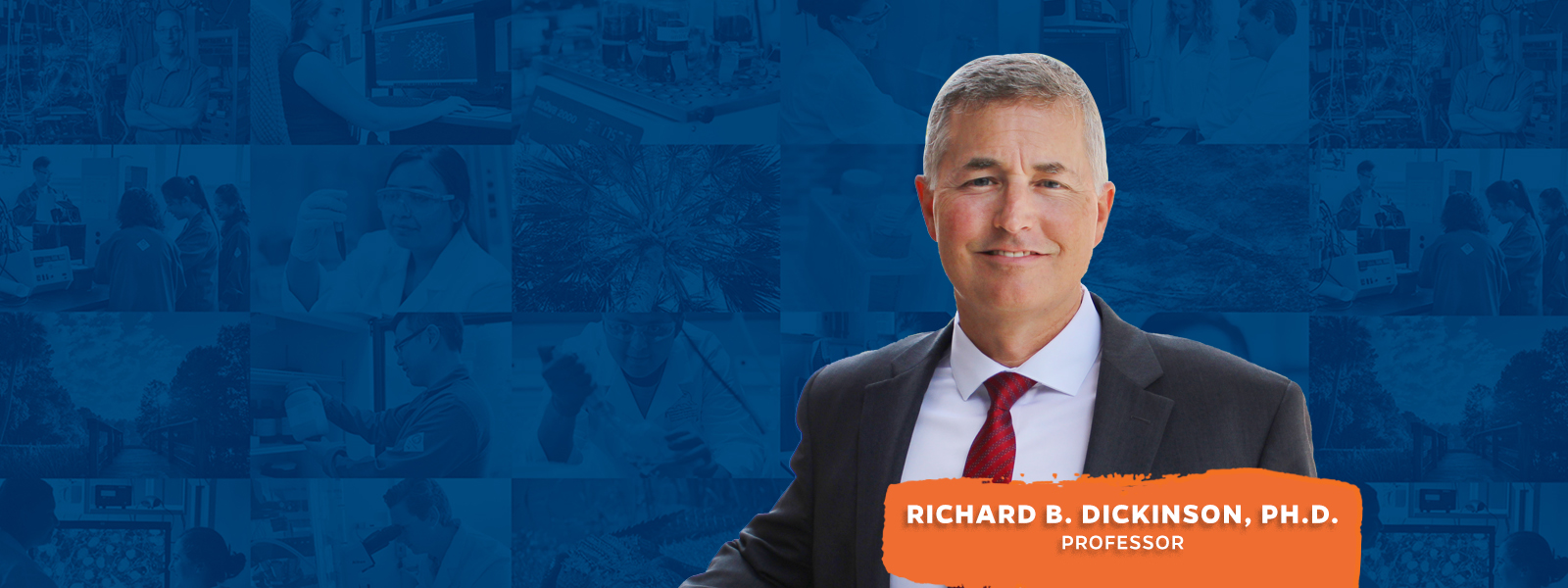Richard Dickinson, Ph.D., a professor in the University of Florida Department of Chemical Engineering, has received a grant from the National Science Foundation (NSF) to study the assembly and organization of cells in epithelial tissue. This project, in collaboration with Tanmay Lele at Texas A&M University, aims to unravel the biomechanical principles underlying the formation and behavior of spherical cell monolayers, known as acini.
“Irregular growth and assembly of cells can lead to various pathologies, including tumor formation and cancer,” Dr. Dickinson said. “Understanding how cells organize themselves into functional tissues is crucial for advancements in regenerative medicine, drug development, and the study of morphogenesis and tissue repair.”
Dr. Dickinson’s research examines the forces that keep the acini in a balanced state, where they are not collapsing or falling apart. The researchers will create a computer model that considers different forces and interactions between the cells. They will also perform experiments using high-resolution imaging to see how the acini change under different conditions.
The second objective of this research investigates how acini can transform from their stable state to a different shape called “everted polarity.” This transformation is similar to what happens in certain diseases and can be important for growing tissues in the lab for medical purposes. The researchers will use computer simulations to understand the forces that cause this transformation and will also perform experiments using chemicals and lasers to trigger the change and observe what happens.
This project emphasizes training and mentoring of a diverse group of graduate and undergraduate students. This includes collaboration with students from the UF Digital Arts program, who will render animations based on 3D imaging of acinus dynamics. These animations will be used for outreach and education, making the research more accessible to the wider public and encouraging interdisciplinary collaboration.

